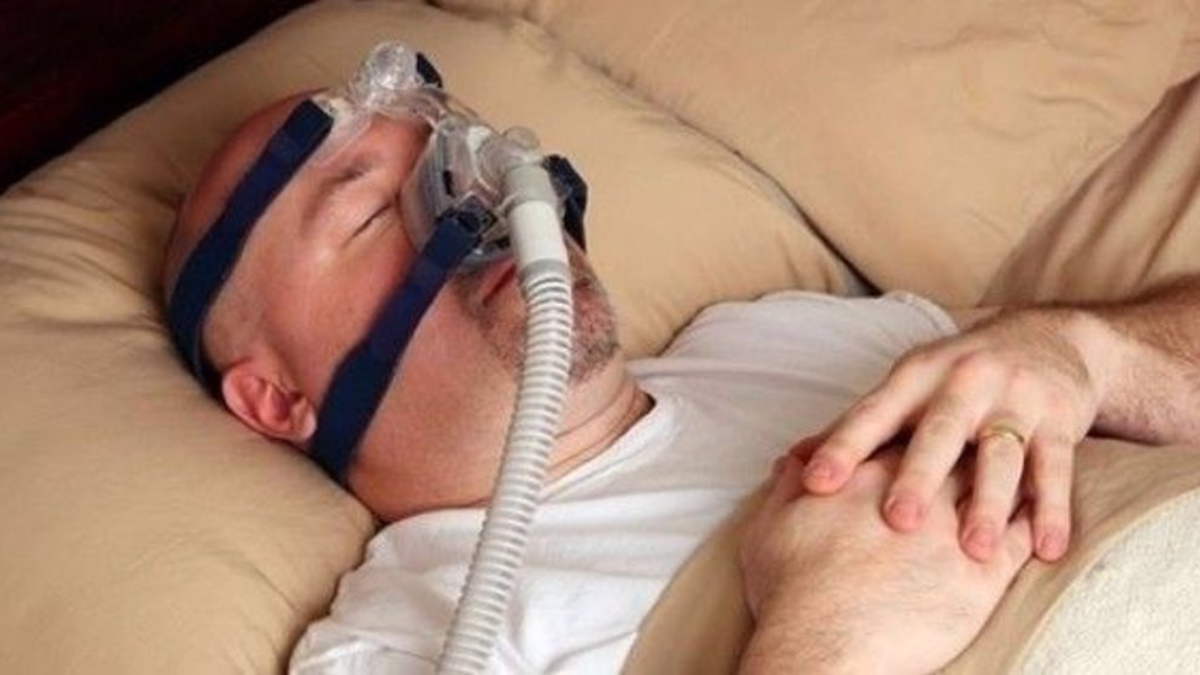The rate of diagnosis of mental illness decreases among men and increases for women as they age
Sleep apnea, a common but underdiagnosed disorder. As concluded by a Michigan Medicine study, published in the journal SLEEP Advancesthis alteration contributes to the development of dementia among adults, especially among women.
Researchers have conducted surveys and cognitive tests on more than 18,500 adults to determine the potential effect of known or suspected obstructive sleep apnea on the risk of dementia. Obstructive sleep apnea is a chronic sleep disorder characterized by episodes of interrupted or restricted breathing during sleep.
In adults aged 50 years and older, having known obstructive sleep apnea or its symptoms was associated with a higher likelihood of having signs or a diagnosis of dementia in later years. Although the overall difference in those dementia diagnoses never exceeded 5%, the association remained statistically significant even after the researchers took into account many other factors that can affect dementia risk, such as race and education.
Women, the most likely
At all age levels, women with known or suspected sleep apnea were more likely than men to be diagnosed with dementia. In fact, the rate of dementia diagnosis decreased among men and increased for women as they aged.
“Our findings offer new insight into the role of a treatable sleep disorder on long-term cognitive health at the population level in both women and men,” said first author Tiffany J. Braley, a neurologist and director of the Division of Multiple Sclerosis/Neuroimmunology and co-founder of the Multidisciplinary MS Sleep and Fatigue Clinic at the University of Michigan.
Researchers say the reasons for sex-specific differences in dementia diagnosis based on sleep apnea status are still unknown. However, they propose several possible explanations.
One is that women with moderate sleep apnea may have a higher risk of cardiovascular disease. They are also more likely to suffer from insomnia, two factors that can negatively impact cognitive function.
Inflammations in the brain
Other modifiable dementia risk factors include cardiovascular disease and mental health problems, which can be exacerbated by untreated sleep apnea.
“These potential harms caused by sleep apnea, many of which threaten cognitive performance and decline, highlight the importance of early diagnosis and treatment,” says Braley. “Obstructive sleep apnea and the resulting sleep deprivation and fragmentation are also associated with inflammatory changes in the brain that may contribute to cognitive decline.”
“This study design cannot fully demonstrate that sleep apnea causes dementia, as this would require a randomized trial, over many years, to compare the effects of sleep apnea treatment with the effects of the absence of treatment,” says Ronald D. Chervin, director of the Division of Sleep Medicine in the Department of Neurology at UM Health and co-author of the document.


